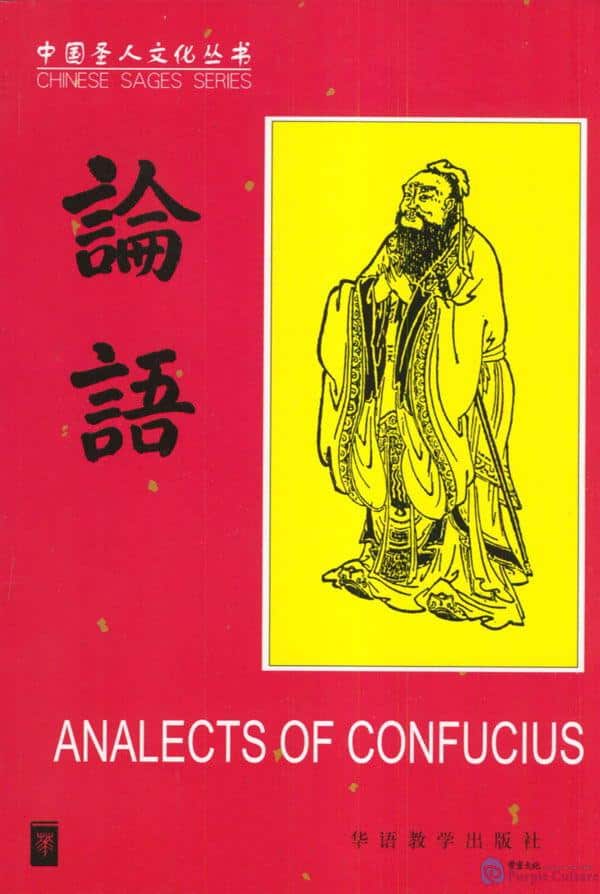

The basic text of the Lunyu he selected is that which has been transmitted to the present day, while the other versions are lost. The Three Empires period 三國 (220-280) master He Yan 何晏 (190-249) collected all commentaries written up to date in a compilation called Lunyu jijie 論語集解. The chapter titles of the Lunyu consist in almost all cases of two characters that correspond to the beginning of the first sentence.ĭuring the Later Han period 後漢 (25-220 CE) the scholar Zheng Xuan 鄭玄 (127-200) wrote a comparative commentary on all three versions. The version he preferred was therefore also called the Zhang Hou Lun 張侯論 "Marquis Zhang's Lunyu". 33-7 BCE) of the Han dynasty, Zhang Yu 張禹, Marquis of Anchang 安昌侯, was "professor" ( boshi 博士 "erudite") for the Lu version, later for the Qi version. As in these three versions neither the sequence of the chapters nor the wording of a number of sentences were identical, they were interpreted in a different way.ĭuring the reign of Emperor Cheng 漢成帝 (r. It had 21 chapters, of which the one called Zizhang 子張 "(Disciple) Zizhang" consists of two parts and shares some passages with the chapter Yao yue 堯曰 " Emperor Yao said". 246/221-210 BCE) hidden in a wall of Confucius' mansion in Qufu 曲阜. The Lunyu was only elevated to the status of a Confucian Classic during the Song period 宋 (960-1279), when it was made part of the canon of the Sishu 四書 "Four Books".ĭuring the Former Han period three versions of the Lunyu were available: A 20-chapter version from the region of Lu 魯 (the Lu version 魯本) a 22-chapter version from the region of Qi 齊 (the Qi version 齊本), whose two additional chapters bear the titles Wenwang 問王 "Asking about rulership" and Zhidao 知道 "Knowing the way" the third version is the old-text version Gu Lunyu 古論語, which is said to have survived the literary "inquisition" under the First Emperor of Qin 秦始皇 (r. The compilation must thus have taken place in the early 4th century BC. There are also some sayings included in the Lunyu which are attributed to Confucius' disciple Zeng Shen 曾參 (505-436), who died half a century after him. The time of the compilation of the Lunyu can be found out in the following way: For some persons mentioned in the Lunyu having died after Confucius, the posthumous title is used, like that of Duke Ai of Lu 魯哀公 (r. It is the authoritative source for the philosophical theories of Confucius, although great many of his sayings are also to be found in other books compiled during the Warring States 戰國 (5th cent.-221 BCE) and Former Han 前漢 (206 BCE-8 CE) periods.

Lunyu 論語 (pronounced Lúnyǔ!), commonly translated as "Confucian Analects", is a collection of sayings by Confucius and dialogues with his disciples.


 0 kommentar(er)
0 kommentar(er)
